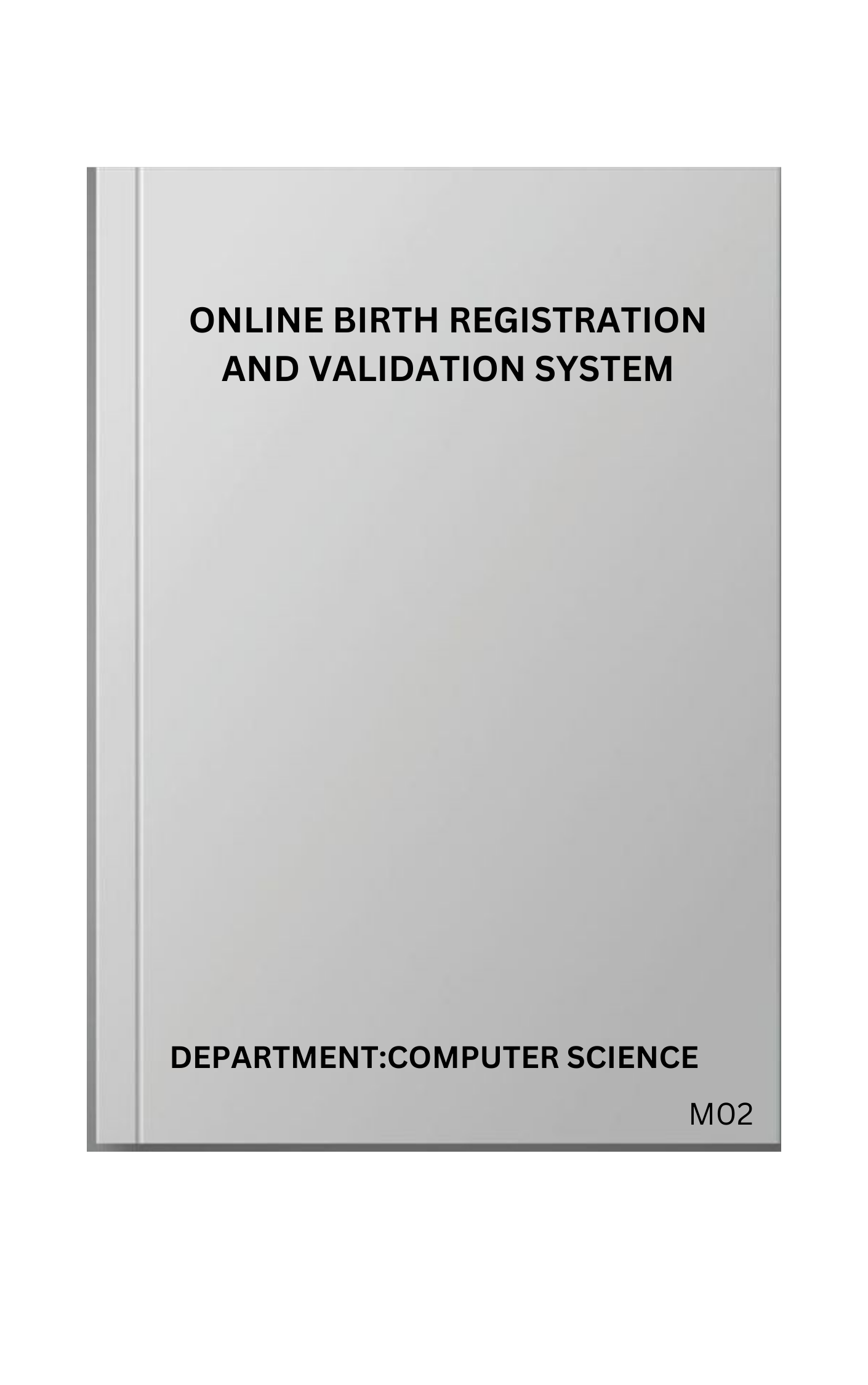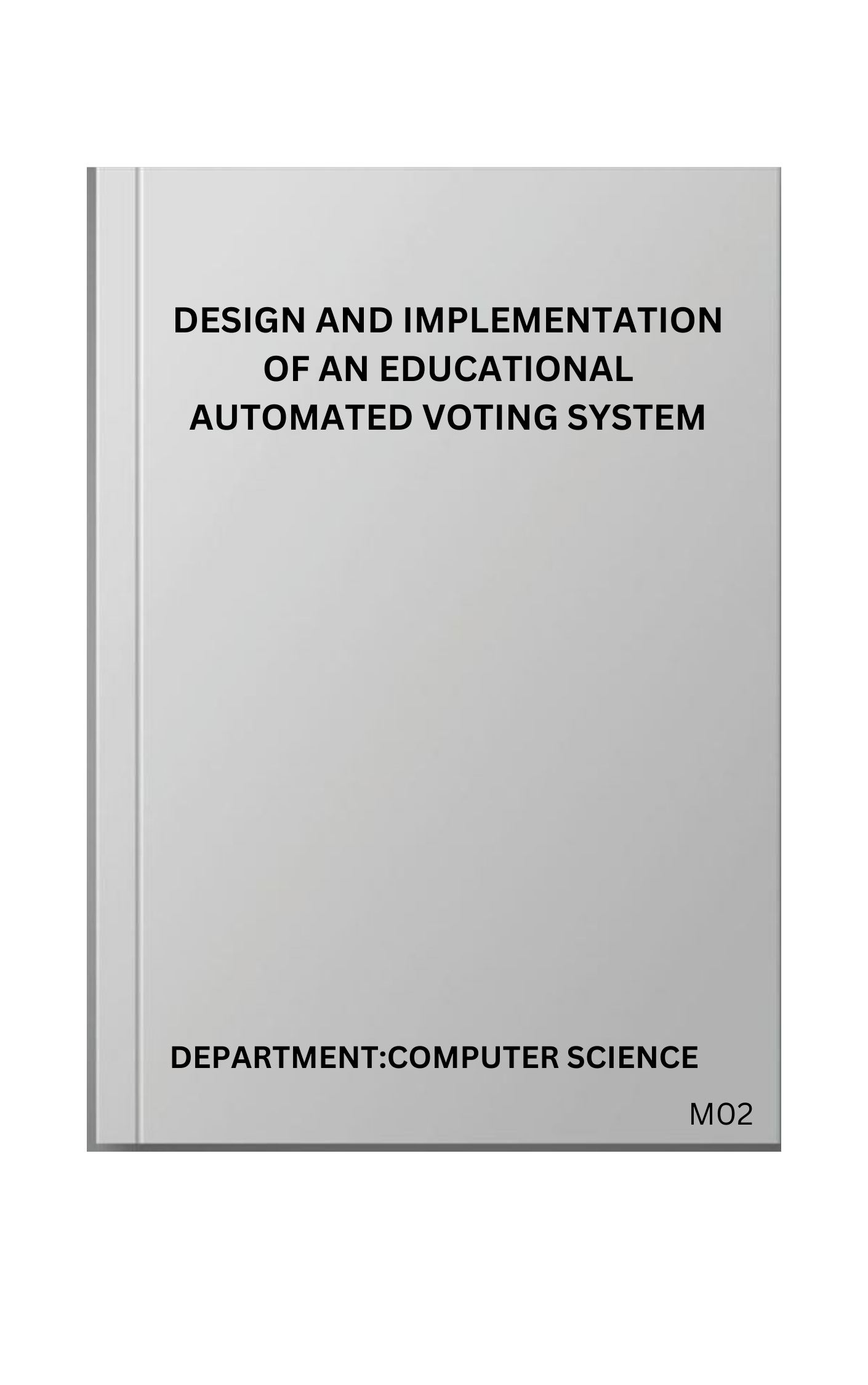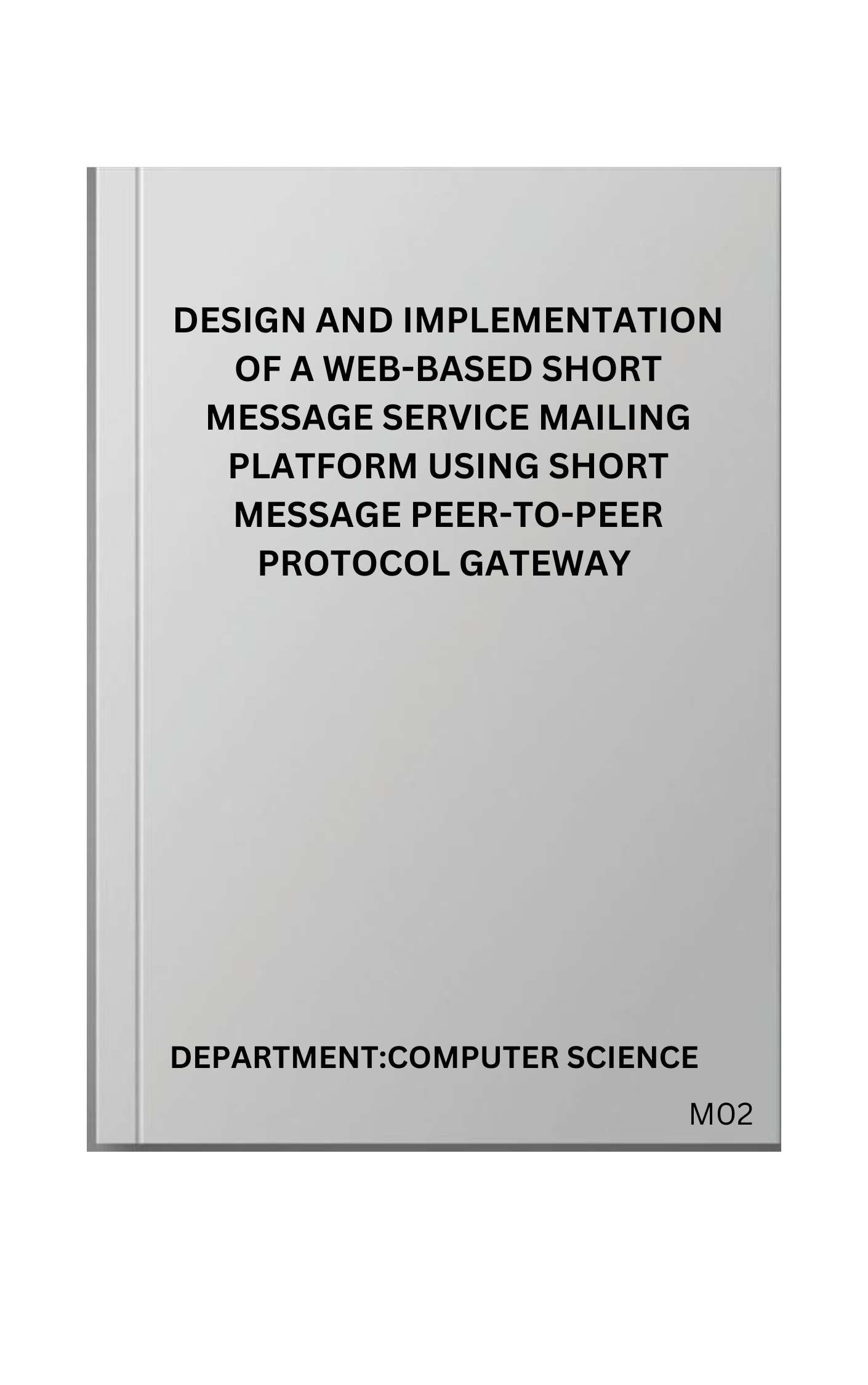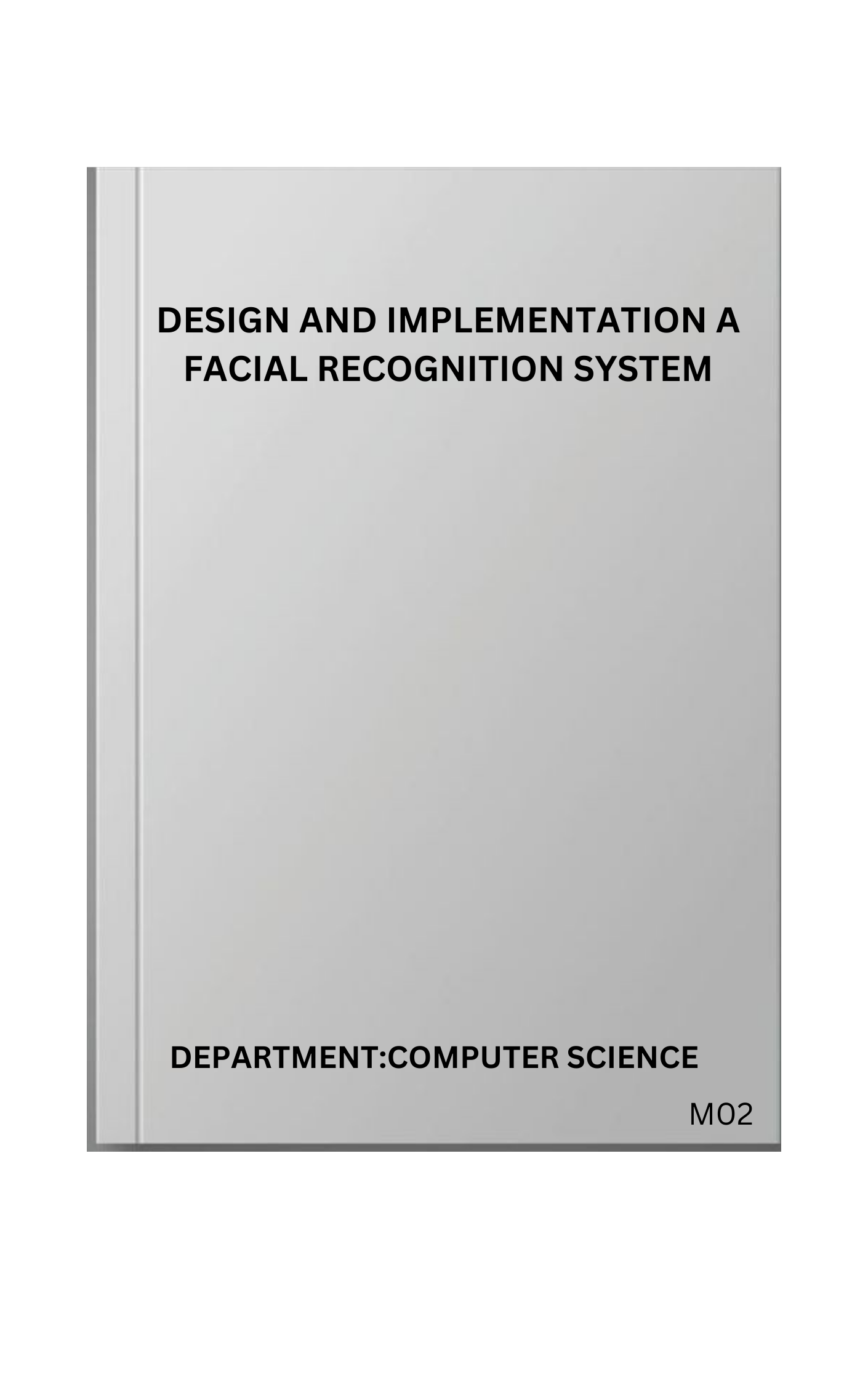CHAPTER ONE: INTRODUCTION
1.1Background to the Study
Market segmentation is a strategic approach used by businesses to divide a heterogeneous market into smaller, more manageable segments based on specific characteristics or criteria. By identifying distinct segments within their target market, organizations can tailor their products, services, and marketing efforts to better meet the needs and preferences of different consumer groups (Adamu, 2020).
Organizational productivity, on the other hand, refers to the efficiency with which an organization utilizes its resources to produce goods or services. It is a key performance metric that directly impacts a company's profitability, competitiveness, and long-term sustainability (Benjamin, Adare & Adeola, 2021).
In the context of bakeries in Warri and its environs, market segmentation plays a crucial role in optimizing organizational productivity. Bakeries operate in a highly competitive market where consumer preferences, purchasing behaviors, and demographic characteristics vary widely. By employing effective segmentation strategies, bakeries can identify and target specific customer segments with products and marketing messages that resonate with their unique needs and preferences (Eboha, 2021).
For example, demographic segmentation allows bakeries to target consumers based on factors such as age, gender, income, and family size. Geographic segmentation enables bakeries to tailor their offerings to local preferences and cultural differences within the Warri region. Psychographic segmentation helps bakeries understand the lifestyle, values, and attitudes of their target customers, allowing for more personalized marketing communications. Finally, behavioral segmentation focuses on consumers' purchasing behaviors, such as frequency of bakery visits, purchase volume, and brand loyalty (Hanmaikyur, 2020).
By effectively leveraging these segmentation strategies, bakeries can enhance customer satisfaction, increase sales and revenue, and ultimately improve organizational productivity and profitability.
1.2Statement of the Problem
The bakery sector in Warri and its environs operates in a dynamic and competitive market characterized by diverse consumer preferences, demographic profiles, and cultural influences.
However, there is a lack of comprehensive analysis regarding how bakeries in this region effectively segment their markets and utilize segmentation strategies to optimize productivity and profitability (Patrick, Dixon-Ogbechi, Ismail & Olukunle, 2022). Also while, market segmentation is widely acknowledged as a fundamental marketing practice, there is limited empirical research investigating its role in improving the productivity and performance of bakeries in this region (Aigbomian, & Oboro, 2017).
Furthermore, with the emergence of new technologies, changing consumer behaviors, and shifting market trends, there is a need to examine the relevance and effectiveness of traditional segmentation approaches (such as demographic, geographic, psychographic, and behavioral segmentation) within the context of the bakery industry. Understanding the challenges and opportunities associated with implementing segmentation strategies can provide valuable insights for bakery owners, managers, and marketers seeking to enhance organizational productivity and maintain competitiveness in the marketplace (Okoro et al., 2021).
As such this research seeks to investigate the effect of market segmentation on organizational productivity in bakeries.
1.3 Research Questions
The research questions are as follows:
1.Does demographic segmentation influence the output volume of bakeries in Warri and its environs?
2.Does geographic segmentation affect the operational efficiency of bakeries in the Warri region?
3.Does psychographic segmentation contribute to the sales revenue of bakeries in Warri and neighboring areas?
4.Does behavioral segmentation affect the market performance of bakeries in Warri and its surroundings?
PAY TO GET COMPLETE PROJECT














































































